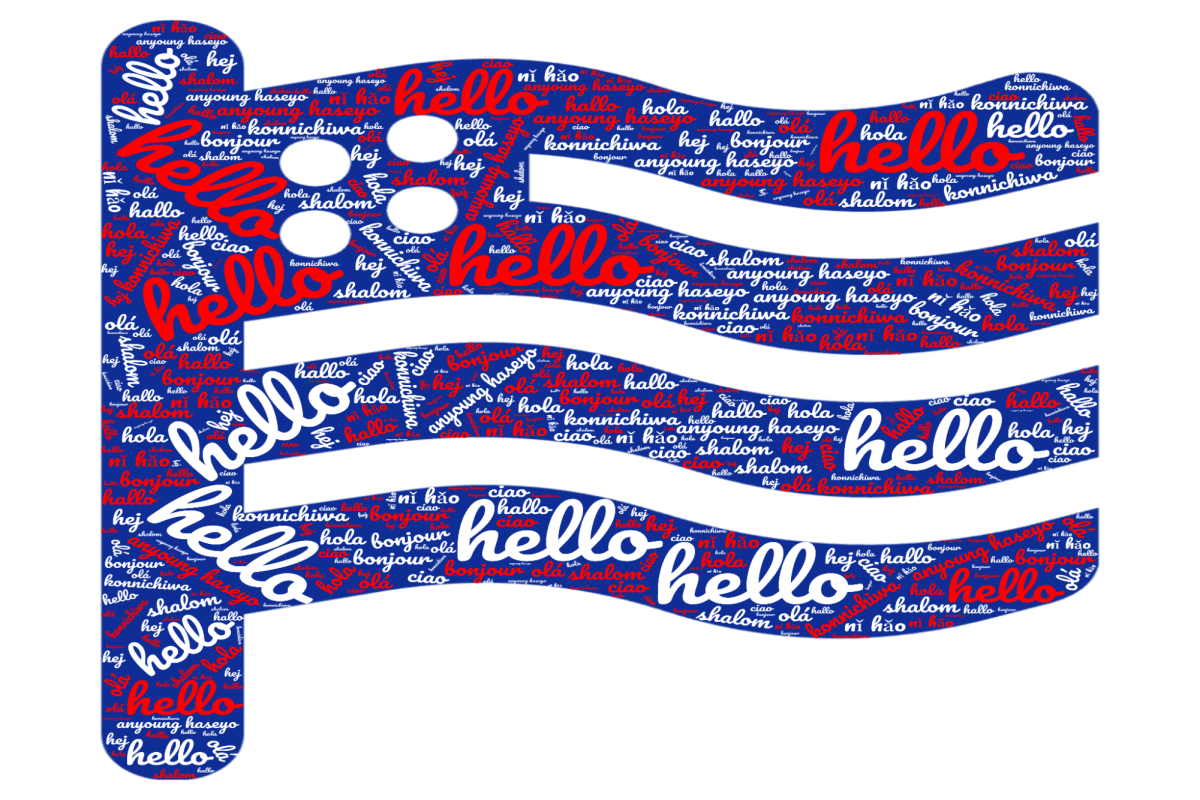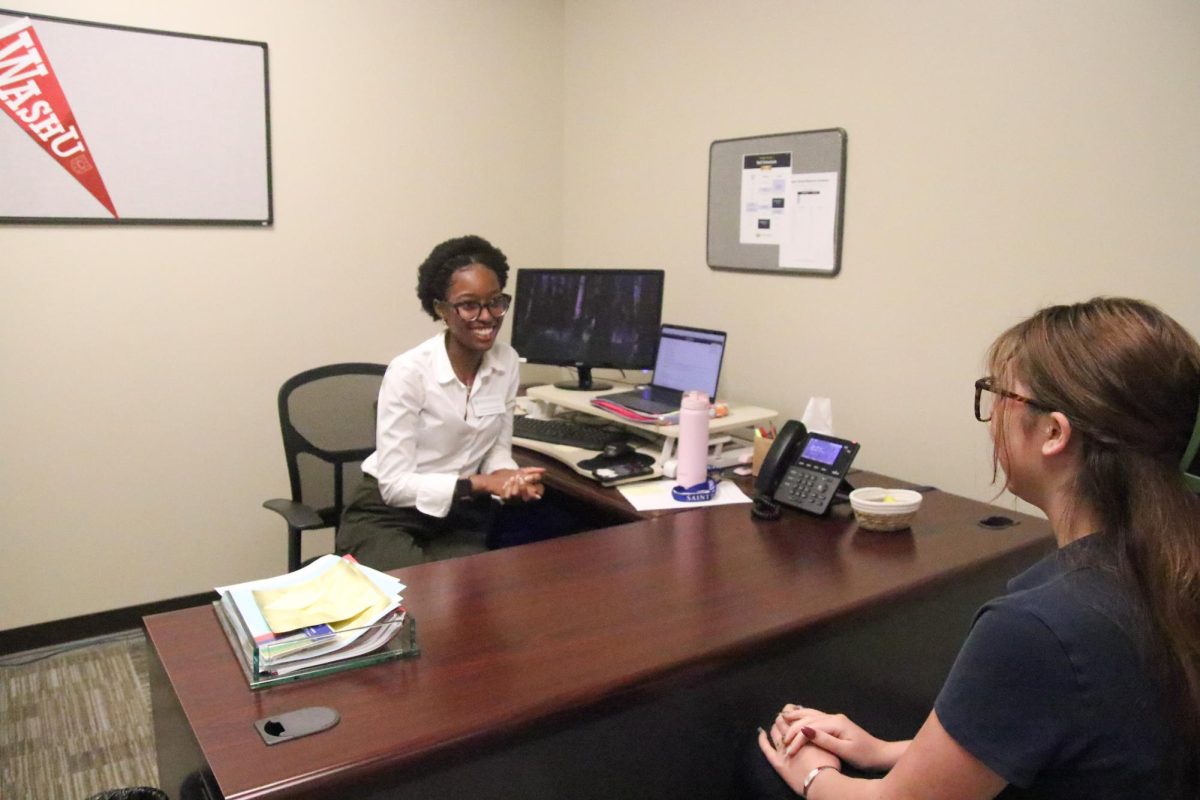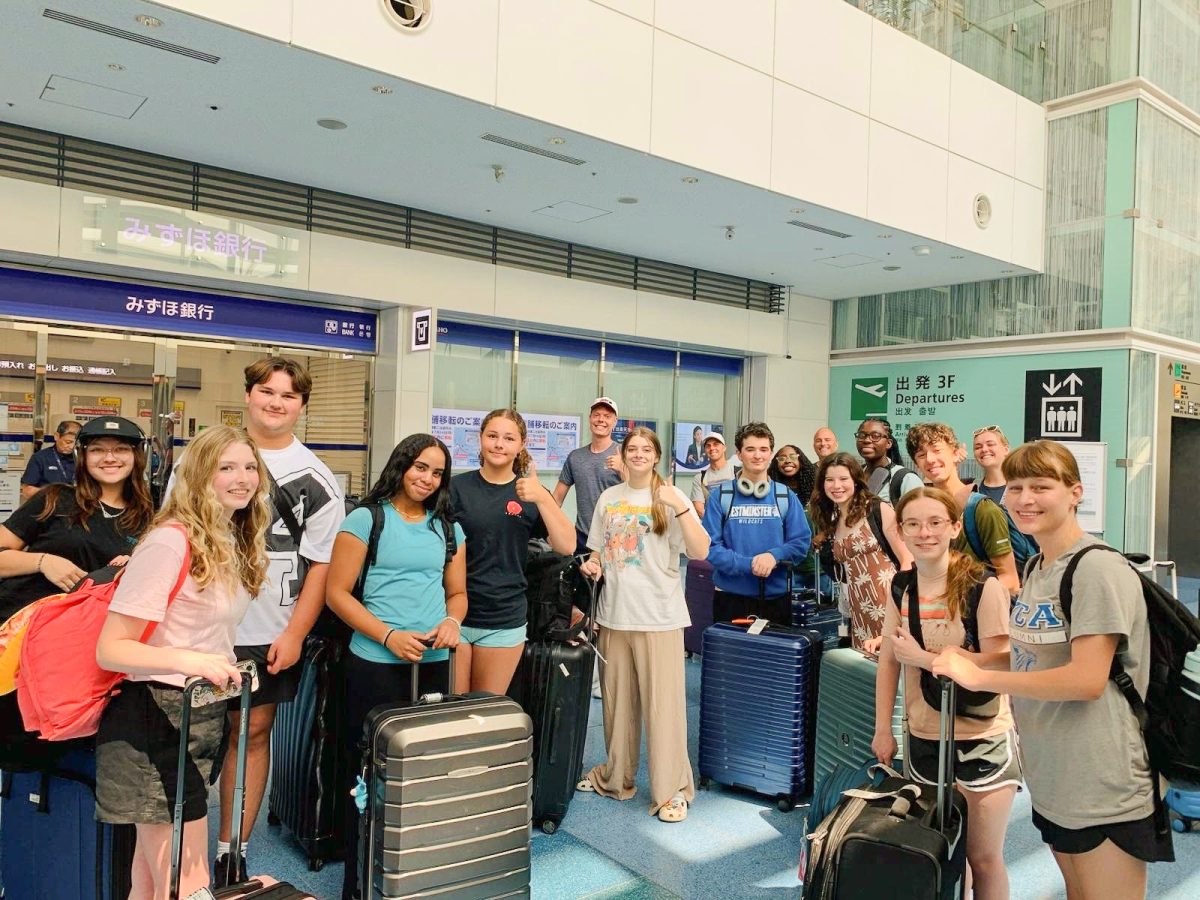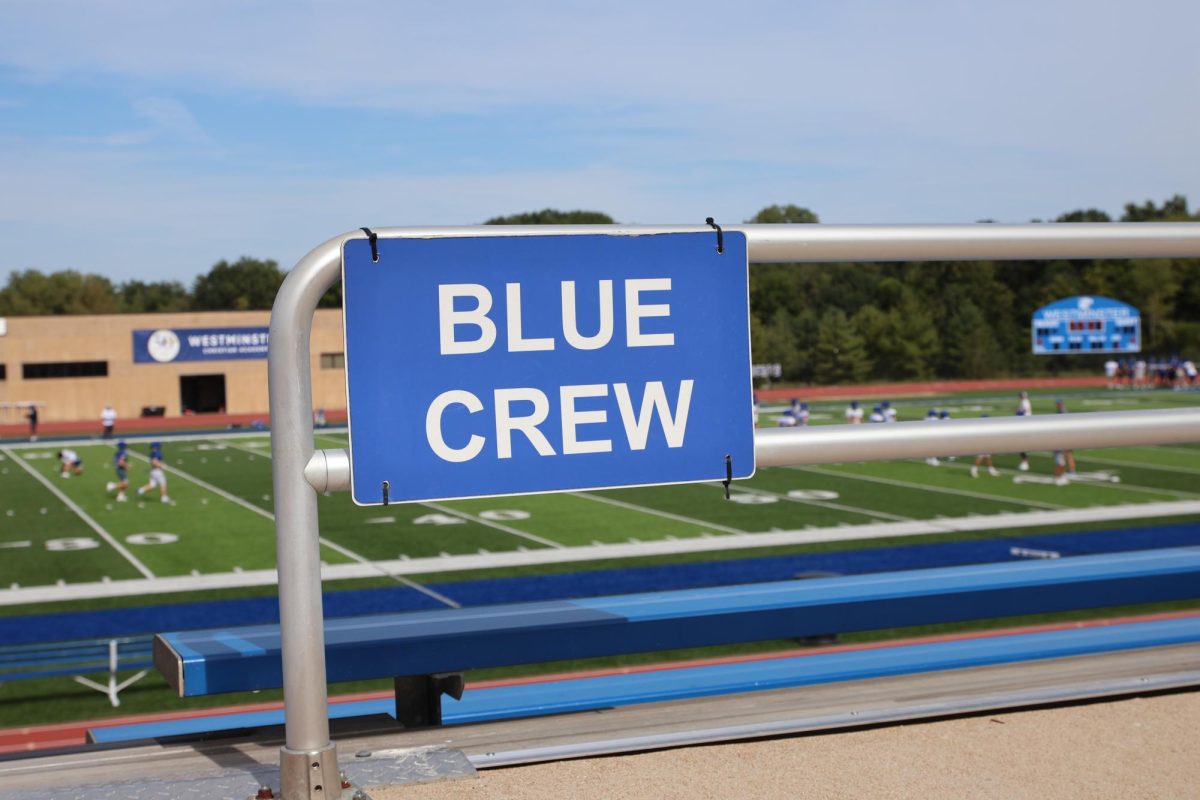For years many people from around the world, representing a variety of different cultures and beliefs, have come to the United States of America in order to seek new lives and opportunities. With this vast diversity of community comes a necessary assimilation, meaning the process of taking in and fully understanding ideas and information, to specific American societal beliefs and ideas. Historically speaking, assimilation has been a topic that has been a topic of controversy amongst Americans since the dawn of our nation. Jeff Gall, US History teacher, explained some of the concerns that Americans had when it came to cultural assimilation:
“One of the reasons is when immigrants come here, they often want to live with each other because it’s something they know, and so sometimes they are accused of being clannish, or sticking together […] But time and time again, you see over, the second or third generation of these cultures do assimilate into the broader American mainstream. However, they very well might keep elements of their own culture, which is something that also enriches us.”
Although the human tendency to surround oneself with others of the same cultural mindset appeared problematic to early Americans, it has proved to be an issue of little importance as throughout our history people from many different ethnic and cultural backgrounds have sought refuge in the land of the free. Gall said:
“America has always been seen as a land of hope and opportunity, and you get the Irish fleeing a lot of disasters in Ireland in the 1840s and beyond. You get a lot of turmoil in Europe that brings people over here […] 1924, we shut the door pretty much […] It’s through laws that were passed that in the 1960s there was an effort to open the doors again, and also from really different cultures. So we got immigrants from Latin America, Africa, and Asia in numbers that we had never seen before.”
Being a land that people choose to live in is something that Americans need to be extremely proud of. The more welcoming Americans are to the immigrants actively seeking to live out their dreams in our country then the more open these immigrants will be to accepting our beliefs and ideas. However just because people are assimilating does not mean that they need to abandon their own cultural roots. Gall said:
“There was a time when America felt like we needed to be a melting pot. You come over, we all get one pot, everything melts away, and we become something new called Americans. People have the ethic now is more like let’s be a salad bowl instead. A salad bowl is a beautiful thing, but the radish stays a radish, and the lettuce stays a lettuce, but you weave them together; each element of the salad maintains its own distinctness, but together it makes something really beautiful.”
As Gall mentions, different cultures coming together has always been something important to Americans, and the analogy of the salad bowl explains perfectly how Americans should view cultural assimilation from immigrants of all different sorts of backgrounds. Being an American is different from being a citizen from any other country in the world because it is possible for anyone to become one. Gall said:
“I do like the idea that America is a unique story. I could not go to Japan and become Japanese, but a Japanese person could come here and become American. That really makes us unique, and we’re still a place people want to come to, and we ought to be proud of that.”
An American is more than just someone who was born and raised in America, instead an American is a possibility, and something that someone can become. Due to that sentiment, even though those who come to America will inevitably have to accept some American ideals in order to survive, it is still good for them to hold on to their previous cultures, and add their own unique ingredients to the salad. Obi Whitten, Israel native, has lived in the United States of America for three years. Although Whitten is a professing Christian, his Israeli roots shine through in his traditions, but when coming to America he quickly discovered that not everyone who is Christian shares the same traditions as he does such as celebrating passover by partaking in it. Along with the uncommonness of his traditions in a modern American setting, he has found several other aspects of American life hard to adapt to. Whitten explained:
“One of the biggest obstacles for me when I came to America was making new friends and finding something to entertain myself. Luckily I met people through church who I am able to do things like play video games with and occasionally see them in person.”
Whitten’s challenges are largely due to his father’s job as a travelling pastor, so making friends has been rather difficult for him. The church and the welcoming members there allowed him to understand American culture and grow in it. Whitten’s assimilation was not easy, but the people around him played a massive part. Whitten said:
“I felt very welcomed when I arrived in America mainly due to the fact that the people around me allowed me to have a great time. I love American culture and I even celebrate the fourth of July and other traditionally American holidays.”
Whitten’s adaptation to American culture has been a very important part of adjusting to life in America, but it has never taken away from his original culture. Whitten added:
“I still celebrate a lot of my old Jewish traditions like eating kosher foods, and maintaining the way that I spoke to the people in Israel.”
Assimilation in America is extremely important both for immigrants and for the people who are already living in America. For immigrants the importance comes in the form of learning to follow American culture and societal norms, and for already existing Americans the importance comes from being welcoming with open arms. In fact, hospitality is extremely important. If Americans show a negative view of their culture, then the idea of America as a “land of hope” will become a relic of the past, and the world’s view of America will be tainted. It is not fair that someone else’s chance to turn their lives around could possibly be ruined by unwelcoming people who do not allow for them to flourish in their culture. Assimilation will continue to be something prevalent in America, so in order to maintain the title of the “land of hope” everyone needs to pitch in and show respect to each other regardless of culture, beliefs, or background.









